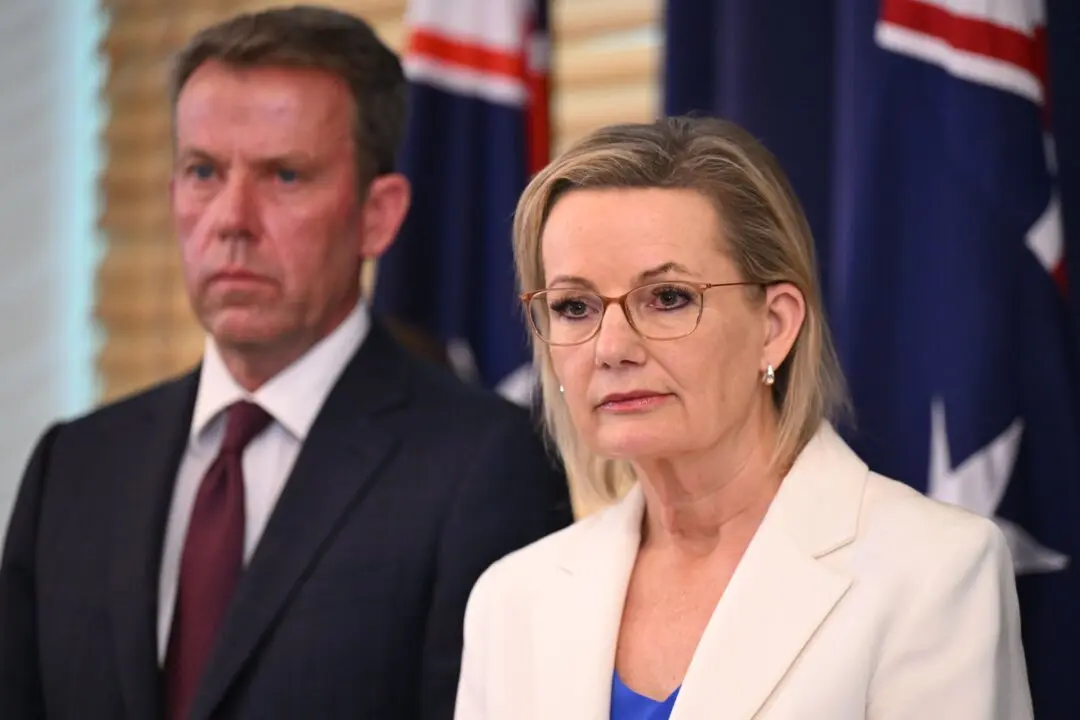Former Immigration Minister Alex Hawke says migrant communities must be better educated on The Voice proposal to change Australia’s Constitution.
Later this year, Australians will go to the polls to vote on a referendum to amend the preamble of the nation’s founding document (to include recognition of Indigenous people) and establish an advisory body to the Parliament and executive.





